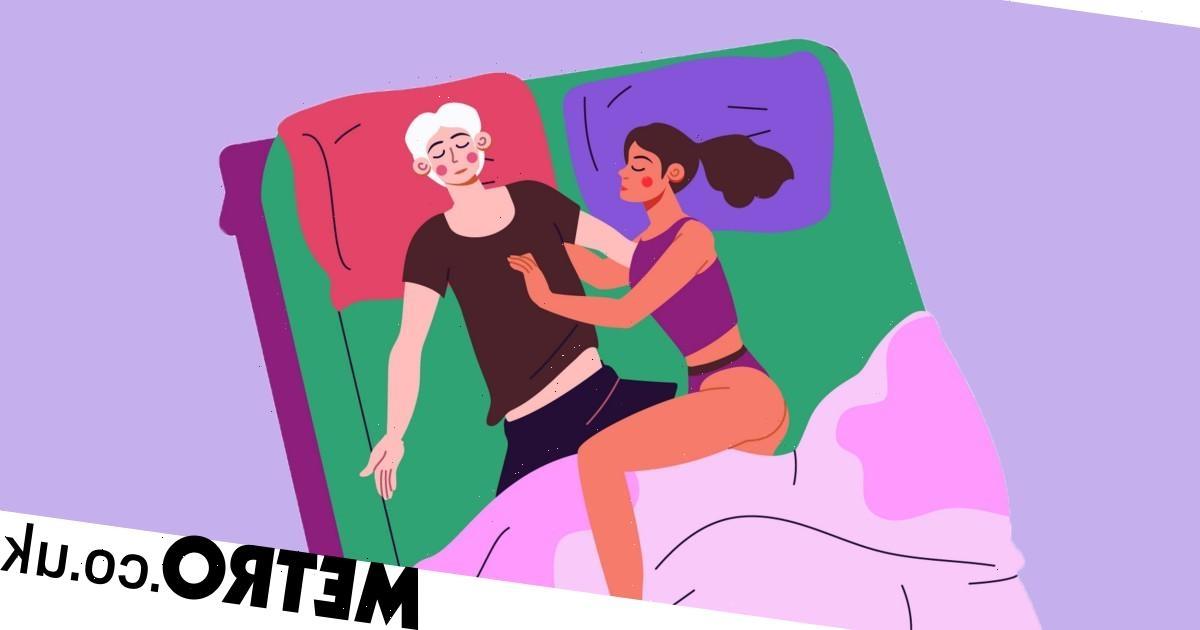Written by Amy Beecham
Being ‘one of the guys’ has long carried a societal stigma. But is having male friendships actually a red flag as a woman?
If there is one dating truth that needs to be universally acknowledged, it’s that not all red flags are created equal.In an age where an ’ick’ can range from the colour of someone’s socks to a very real fault within their personality, I’m not the first person to profess that sometimes, just sometimes, we’re a little too quick to call things out.
I’m, of course, not talking about major red flags, such as coercive behaviour or manipulation, but those nuanced amber and orange flags that encapsulate the things we might find annoying but don’t really threaten our emotional wellbeing. Talking down to you in front of other people and gaslighting? Major red flags. Being in debt or not very close with their family? It’s probably better to give them the benefit of the doubt before ending things on that alone.
Even as we start to interrogate our own red flags, we can easily go too far in dissecting every aspect of our lives into what could be ‘toxic’. The latest consideration? Having friends of the opposite sex.
If the TikTok skits and warning tweets are anything to go by, a girl that acts like “one of the boys” is a firm red flag. The idea isn’t at all new. Being a ‘guy’s girl’ has long carried a certain stigma, with women who hang out with predominantly male friends being labelled as ‘pick me’ girls andcast as desperate for attention. On the other hand, men with overwhelmingly female friends are subjected to scrutiny over their sexuality or presumed to ‘only want one thing’.
But is having a lot of male friends as a woman actually a red flag? A new study published in Personality And Individual Differences suggests that other women might think it is.
Psychologically, both same-sex and cross-sex friendships have been shown to benefit our human and emotional development. As well as increasing your sense of belonging and purpose, friendships boost your happiness, reduce your stress, improve your self-confidence and help you to cope with life’s traumas.
There are, of course, some key differences. Same-sex female friendships are more closely related to support and nurturing (think ‘ride or die besties’), while cross-sex male-female friendship has been shown to lead to romantic and sexual partnering. That’s not to say this is always the case, but as anyone who has ever had a close platonic relationship with someone of the opposite sex will know, it’s almost always the insinuation.
This research found that women who prefer female friends tend to distrust women who prefer male friendships – and vice versa. The results showed that women who preferred friendships with men were viewed as more hostile and less trusting towards other women. On the other hand, women who have mostly male friends may see women who engage in same-sex friendships as jealous or needy.
This, the researchers speculated, is because women involved in female friendships are often suspicious of those in cross-sex friendships because they’re “not always platonic”. Given that women receive different benefits from their friendships with men than they receive from their friendships with other women, people may use a woman’s choice of friendship partners as a source of information about her motivations and behaviors, the very idea that gave birth to the “pick me” in the first place.
Compared to men, women are also much more likely to indicate that men and women can’t be just friends, and as such women who chase those relationships are cast in a negative light. The opposite appears to be true, as well. Last year, psychologists from Monash University found that having a lot of female friends can make men a less attractive prospect to women, as it makes them look like they have “many options” to choose from. Men who advertised having a lot of women as friends were seen as lacking in humility and therefore became 40% less appealing to potential matches.
However, what this does is create a cycle of internalised sexism whereby women are excluded and targeted by their same-sex peers, pushing them towards male groups with seemingly “less drama,”which leads to them further being targeted because of those very friendships.
The bottom line is: our friends represent the core of who we are, whatever their background. If we’re the average of the five people we spend the most time with, our focus should be on picking the best ones, the ones who reflect our values and make us feel less alone. But in a society that cements the strong female friendships of Sex And The City et al in such high regard, it can be a tough pill to swallow if your own group of friends looks different. While the hallowed institution of friendship absolutely deserves to be celebrated, we should get better at recognising the different factions too.
Because the way I see it, as long as we have people in our lives that we care about, trust and can rely on for everything from relationship counselling to career advice, what does the make-up of our inner circle really matter?
Images: Getty
Source: Read Full Article



